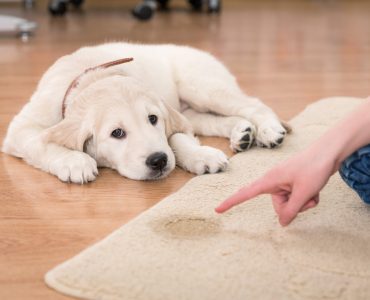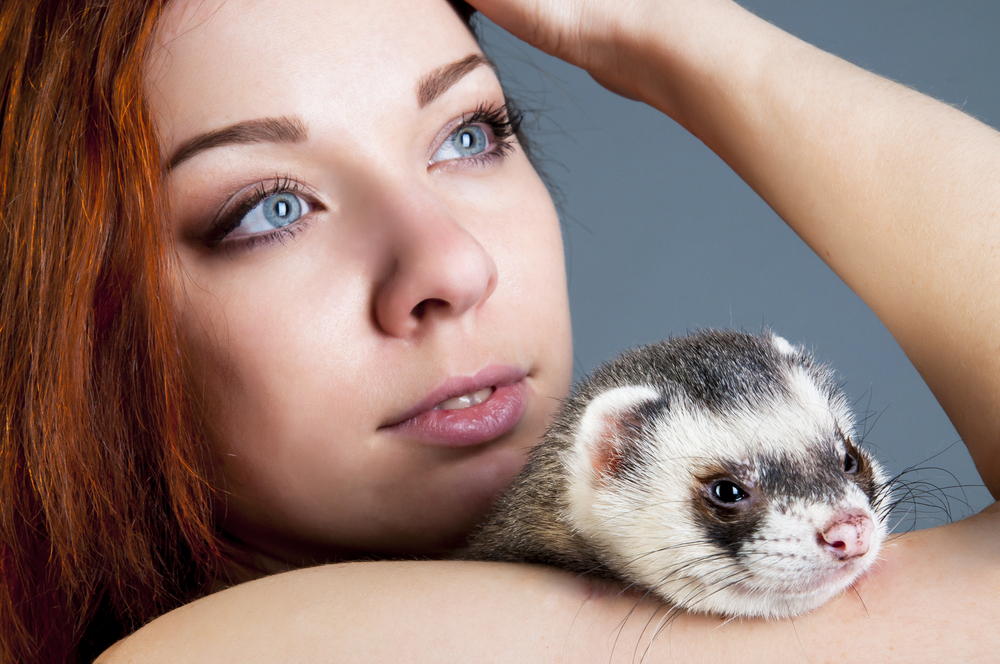Young ferrets that have yet to be socialized have a tendency to nip. While this behaviour is perfectly acceptable between thick-skinned ferrets, even a tiny nip from the smallest kit can be very painful for humans. Luckily, ferrets can be broken of this habit through proper training.
When a kit nips, say “No!” loudly and clap your hands. Gently grab the loose skin at the back of the ferret’s neck and slowly drag him across the floor for a few feet. This practice is called scruffing, and is a common form of communication between ferrets. It establishes dominance and lets the ferret know who is in charge. Another method is to remove the ferret to its cage after nipping. Again, shout “No!” and clap, then put the ferret back in its cage for a few minutes. Eventually, the animal will associate the word “no” with having to return to its cage during playtime and should soon stop nipping.
There are several products on the market to discourage biting in dogs and cats. These can also be effective ferret-training tools. Place a tiny amount on fingers, toes, arms and anything else the ferret likes to nip. The ferret will soon connect the horrible taste with the act of biting, and should stop. This process can be encouraged by dabbing a vitamin supplement on the fingers after nipping has ceased, so the animal will come to relate the good taste of the treat with the gentle and acceptable act of licking.
Since nipping and biting can be a reaction caused by fear, one of the best ways to prevent the behaviour is to handle young ferrets as much as possible. Hold them, give them treats while handling them, and interact with them during playtime. This will help the kits become comfortable with human contact and feel secure, which will greatly reduce the urge to nip.












